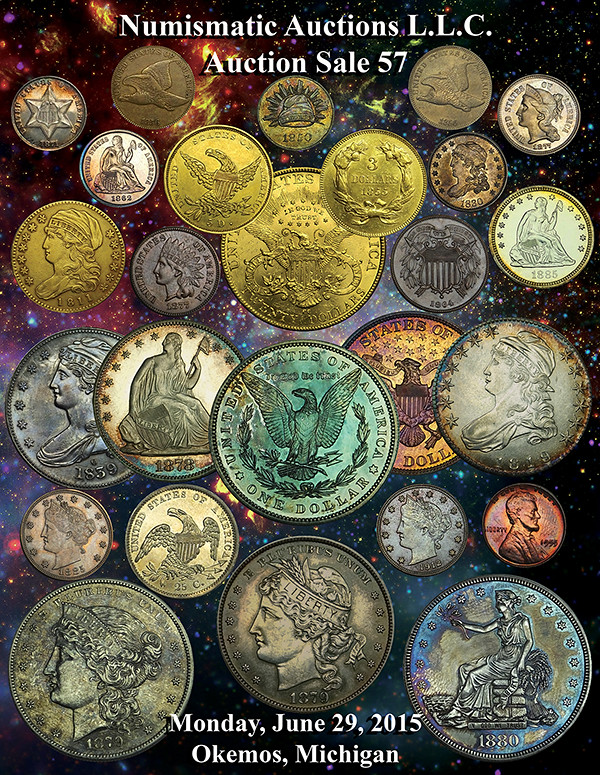
PREV ARTICLE
NEXT ARTICLE
FULL ISSUE
PREV FULL ISSUE
MONNAIE DE PARIS FIGHTS COLORIZED FRENCH EURO COINS
In a May 27, 2015 article, Numismatic News editor Dave Harper discusses the recent kerfuffle over colorized coins in France.
-Editor
Colorized U.S. coins have been sold in the American coin collecting hobby for years. Some are mass produced, such as gold-plated state quarters. Some are hand-colored artwork on classic designs such as the Buffalo nickel. When these pieces are found in circulation, they sometimes cause puzzlement to the finders. Some assume they are products of the U.S. Mint. They are not, though the underlying coins are. Some assume they are illegal. They are not. Unless the colorization process is part of an attempt to defraud the people who originally buy these sorts of coins, there is nothing illegal about it – in the United States. The same cannot be said of other countries. This sort of thing is illegal in France, as a letter sent out by the chairman and CEO of Monnaie de Paris reminds dealers and other sellers. It begins: “Dear Sir or Madam, I have noted that many coins issued by Monnaie de Paris have been altered by colouring or by gilding and were being sold on to the public in this altered form. “These practices, which affect, in particular, the 2-euro commemorative coins issued by Monnaie de Paris, together with some collectors’ items, are illegal. They contravene the intellectual property rights of Monnaie de Paris, and also various statutory and regulatory provisions, of French and Community law, governing the status and the appearance of euro currency coins. “It is essential that a stop is put to these practices." The letter, which only a lawyer can love, runs nearly nine pages and spells out the law and the penalties for breaking it. You will not get sent to Devil’s Island, but the penalties are severe enough. There is some huffing and puffing in the text of the letter. After threatening these terrible penalties, comes the statement: “The criminal offences mentioned above would therefore be intended to apply if it was argued or suggested that coloured or gilded coins offered for sale are still intended for circulation or likely to be put into circulation.” Since the sellers of these coins that I am used to seeing in the United States do not say or imply that the coins are to be used in circulation, you would think the legal treatment of colorized euro coins would be the same in France as the United States. Hence the need for the long letter. It spells out that colorizing infringes on the mint’s intellectual property rights, violates the French consumer code and is even unfair competition. Is this a tempest in a teapot?
Sounds to me like lawyers trying to justify their existence. I don't care much for these products, but they’re harmless and if people
are willing to buy them, why not? To me, it's just more publicity and seigniorage (profit made from coin production) for the Mint.
-Editor
To read the complete article, see:

Wayne Homren, Editor The Numismatic Bibliomania Society is a non-profit organization promoting numismatic literature. See our web site at coinbooks.org. To submit items for publication in The E-Sylum, write to the Editor at this address: whomren@gmail.com To subscribe go to: https://my.binhost.com/lists/listinfo/esylum All Rights Reserved. NBS Home Page Contact the NBS webmaster 
|